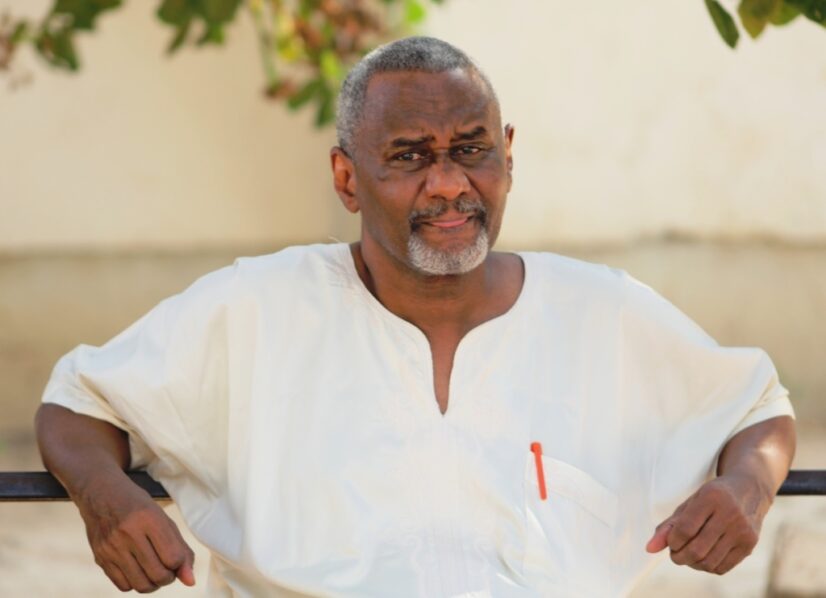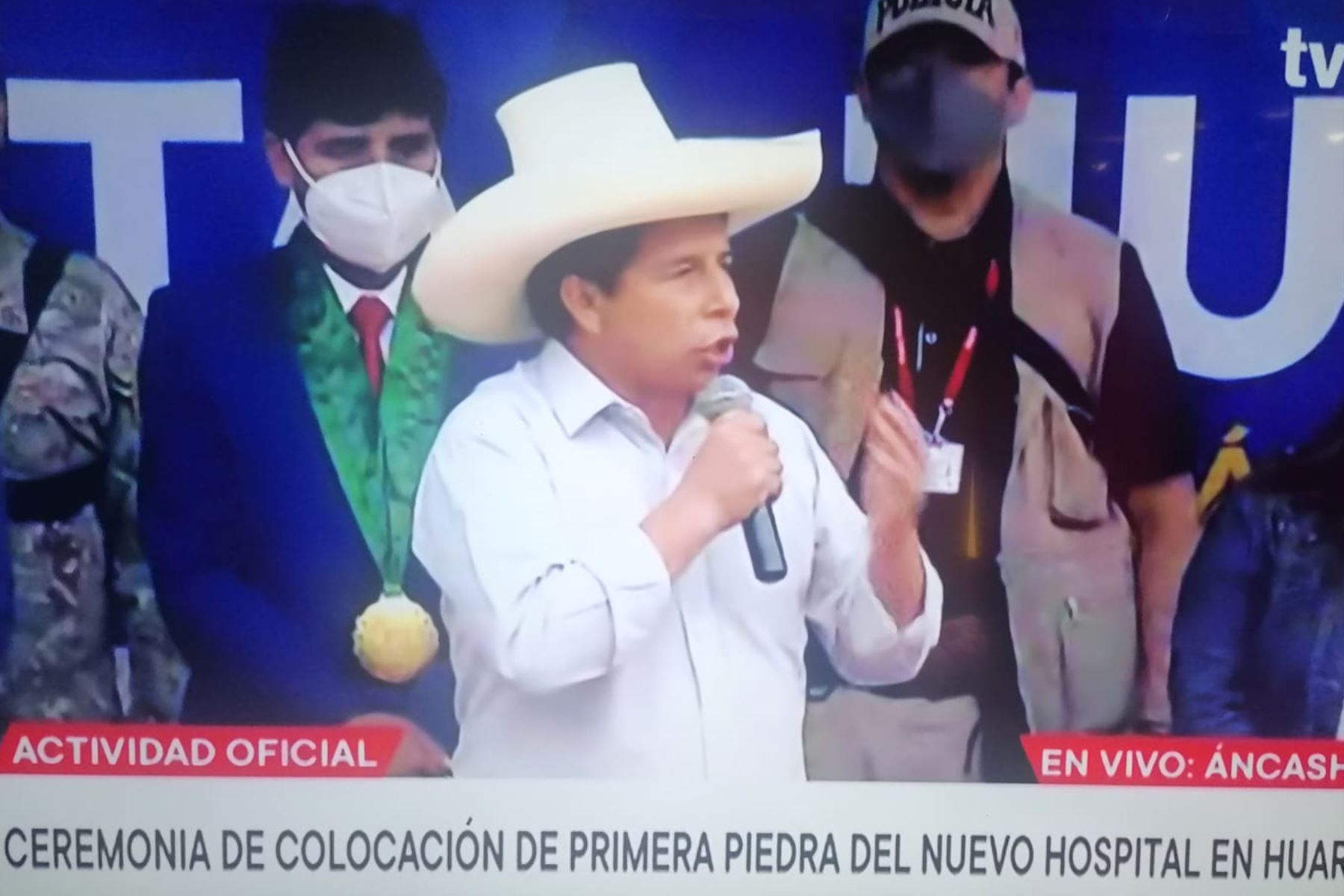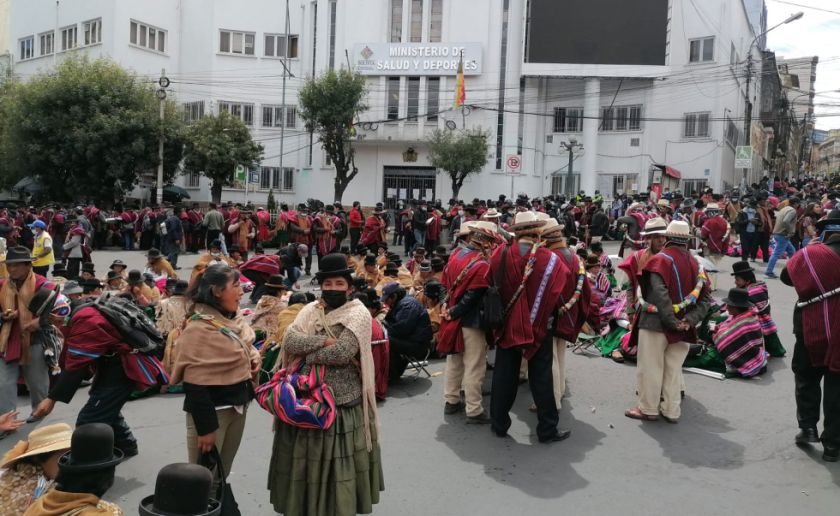The article is co-published with Energy & Climate .
The European Commission is unable to come up with coordinated and rapid action to get down the sky-high prices of gas and electricity. It erodes confidence in the EU and in elected politicians in the member states.
Gas prices have constantly set new records and are now at levels that are sky-high above some players. have expected. Winter is approaching and millions of Europeans are heating houses and apartments with gas.
Countries such as France, Spain, Greece and Italy are implementing drastic measures such as tax cuts and direct support for those hardest hit.
But it is country after country in the EU that requests that the EU Commission come up with measures .
The Commission has notified such measures, but they have been postponed until next week. It is becoming increasingly clear that there is little the EU can do in the short term.
Renewable, renewable
– I think we must be very clear that gas prices have skyrocketed, while renewable energy has become cheaper and prices are stable. So for us it is clear that investing in renewable energy will give us stable prices and reduce dependence on imports, said Commission President Ursula von der Leyen on Wednesday.
As much as 90 percent of the gas used by EU countries is imported. Replacing this with renewable energy will take many years.
Energy and Climate in Brussels
Energy and Climate’s correspondent in Brussels, Alf Ole Ask, will deliver news and background material that tells and explains what is happening in the climate and energy field in The EU – and how this affects us in Norway.
Energy and Climate’s correspondent position in Brussels is supported by Agenda Vestlandet, Fritt Ord and the Bergesen Foundation.
Energy and Climate is a member of Fagpressen and is edited according to the Editor’s poster and the Beware poster.
The European Commission maintains that the main reason for the high gas prices is increased demand on the world market after the grip of the pandemic loosened. This together with the fact that there has been little wind, and thus little wind power, has helped to push up the price.
More EU countries react
The finance ministers of France, Spain, Greece, the Czech Republic and Romania have in a joint statement called for the EU to coordinate gas purchases to strengthen market power over gas sellers. They also want a clearer link between what consumers pay for electricity and what the average production cost of electricity is.
This is read as a desire for more political interference in the electricity market as it works today, where supply and demand regulate prices.
– There is no market model that could give lower prices in this situation. We see that prices are rising and that energy supply is a challenge all over the world, said Energy Commissioner Kadri Simson at a meeting of the European Parliament.
But she added: – It could be interesting to launch a study of price formation and investment in the electricity market.
The Energy Commissioner emphasized that the integrated market for electricity in the EU has led to minor blackouts and supply disruptions and the price to consumers have been stable over time.
Threatens the green shift
This week, various EU institutions were to begin the extensive negotiations on the European Commission’s major legislative package “fit for 55” , which will ensure that the EU cuts emissions by 55 percent by 2030.
the answer to the high energy prices m one now sees is to increase the pace and power of the green shift. It will reduce import dependence on fossil energy sources and increase security of supply.
EU finance ministers and environment ministers have met this week. Here, the crisis in the energy market was more important than “Fit for 55.”
In addition, the Heads of State and Government have gathered in Slovenia for a summit with the countries in the Balkans. Here, too, it was the high energy prices that occupied the participants to a greater extent than discussions about the path to EU membership for the countries in the Balkans that knock on the EU’s door.
All these meetings have shown that there is very little the EU can do in the short term to remedy the immediate crisis. Most measures will work in the long run.
Build gas storage
When the Heads of State and Government of the EU meet in Brussels on 21 and 22 October, “Fit for 55” should be an important topic. Now a new proposal to establish strategic gas storage will be on the table. These will be gas stocks that EU countries can consume when prices rise as they have done this year.
It was Commission President Ursula van der Leyen who escaped this news Tuesday.
Details of the proposal are not known.
The plot from von der Leyen also contained a proposal, namely that the price of electricity should not be linked to the price of gas. While Europe is getting more and more renewable energy , it is still the case that the gas price is the one that defines the price of electricity . The reason is that gas is used to store electricity and that gas power most often sets the marginal price. This means that the gas price, together with the CO2 cost, for very many of the year’s hours determines what the electricity costs.
The Commission announces that it will present at the turn of the year concrete proposals to reform the gas market so that it becomes more robust to price fluctuations.
All this must be seen as a response to those who now loudly demand more EU efforts. None of the measures will remedy the crisis that a cold winter will intensify.
Parliament calls for action
The high energy prices were the topic of a separate session in the European Parliament on Wednesday. The debate in the parliament was heated. Many people were obviously not happy that the Commission’s notified “toolbox” of measures had not arrived. Several speakers from different parties also argued that possible manipulation of the gas market must be investigated. Russian Gazprom is accused of holding back gas and exacerbating the situation. The Commission has now addressed the demand for an investigation. Competition Commissioner Margarethe Vestager’s people will study this in more detail, said Energy Commissioner Kadri Simson.
But she added that it so far does not appear that Gazprom has breached its delivery obligations.
But there were also a number of parliamentarians who blamed the high energy prices on the EU’s green shift. Several speakers criticized the phasing out of nuclear power. High prices for CO2 quotas have closed coal power plants and increased demand for gas. This impact of the EU’s climate policy was also given some of the responsibility for the high energy prices. At the meeting of the environment ministers, a number of countries strongly warned against taking any action that undermines the EU’s quota system, which was highlighted as perhaps the EU’s most important climate measure. The debate in the European Parliament and as far as the open debate at the ministerial meeting showed that the European Commission’s “fit for 55 package” will pass many obstacles before it is adopted. A majority. Parliament must agree with the Council of Ministers (member states) before anything is passed as law.
Note: This article has been indexed to our site. We do not claim legitimacy, ownership or copyright of any of the content above. To see the article at original source
Click Here













